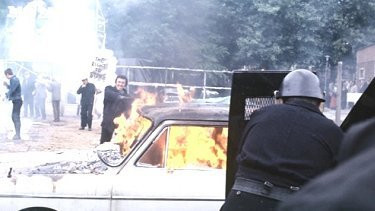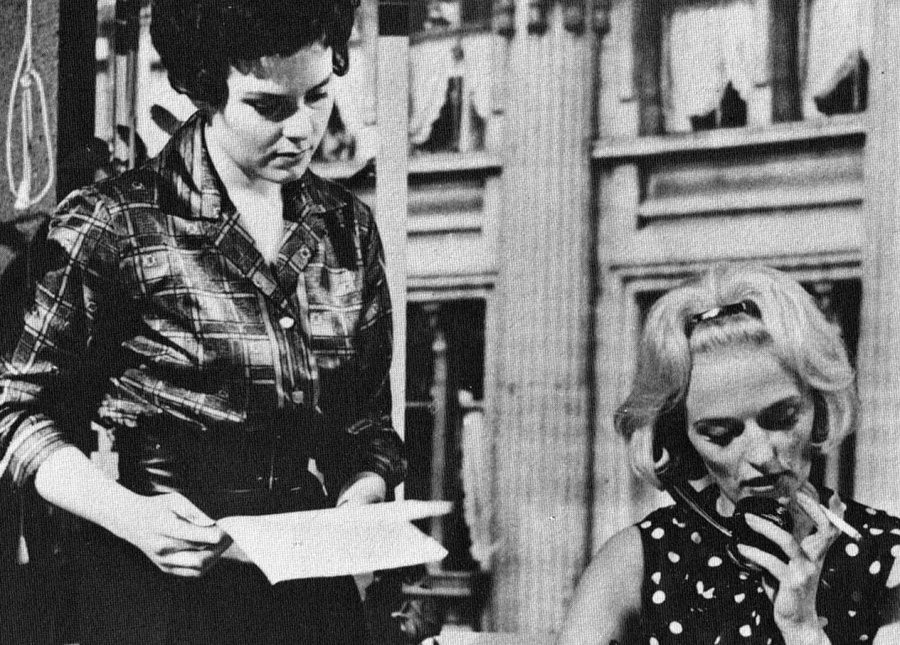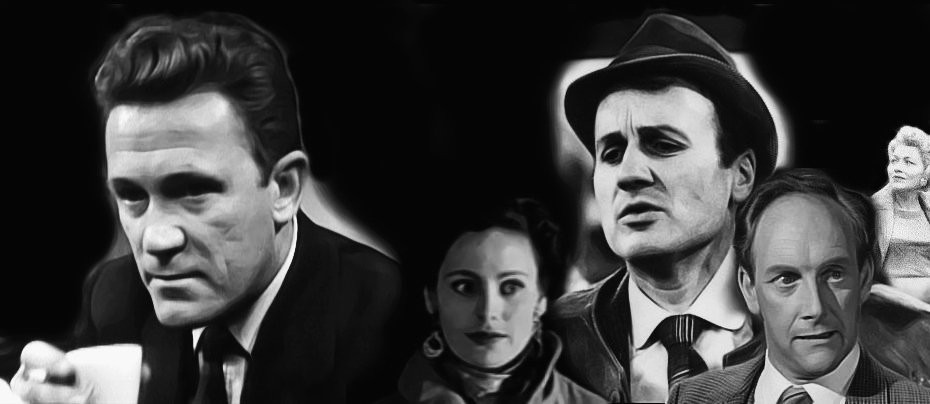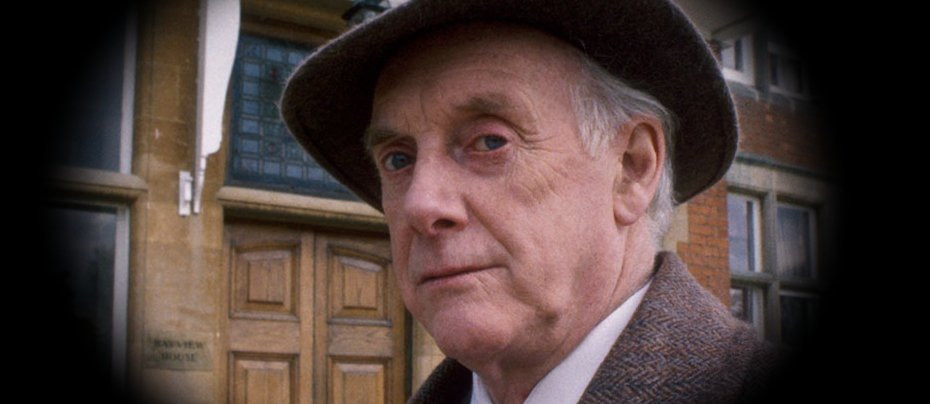
Graham Crowden
Brian Slade remembers an unsung hero of the screen
In Waiting for God, the 1990 sitcom about the residents of the Bayview Retirement Home in Bournemouth, it was going to take a fine actor to play opposite the fearsome Stephanie Cole. Cole, as Diana Trent, spouted venom and sarcasm at anyone and everyone, which could have made her alone a tricky character to empathise with. Fortunately, playing the incoming resident Tom Ballard was a man who balanced eccentricity with amiability perfectly, characteristics he brought to many roles throughout his long career and indeed overlapped at times into his personal life. That man was Graham Crowden.
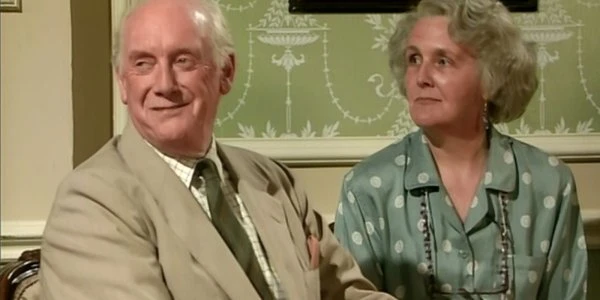
Waiting for God was undoubtedly the show that brought the most fame and recognition to Crowden, but he had been in the acting profession since 1944, when he was earning three shillings for each performance as a spear-carrier, courtesy of director Robert Atkins, who bluntly felt that Crowden had neither the looks, frame or voice for an actor, but kept him around anyway for the harsh realities of repertory and assistant stage manager work.
Crowden was born of Scottish heritage in 1922, leaving the Edinburgh academy to work in a tannery. When the armed forces came calling, he duly obliged but in a style of eccentricity that would characterise his life and work, his service with the Royal Scots Youth Battalion came to an appropriately bizarre end – he was shot by his own sergeant, resulting in him being bounced from one hospital to the next in the hopes of finding a suitably qualified surgeon to treat his internal injuries.
As was the case in the years after the war for many jobbing actors, Crowden juggled his insufficiently lucrative acting jobs with more practical day-to-day work, such as ice-cream factory worker, butter packer and a valet, albeit that last job ended when he dropped a tray – something that would have happily suited Tom at the Bayview.
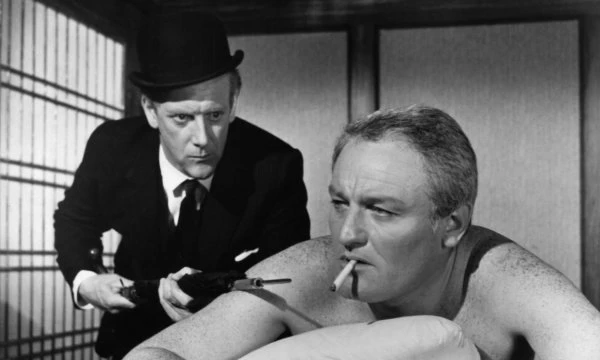
Crowden’s earliest success came in the mid-1950s when director William Gaskell saw him performing in As You Like It, opting to offer Graham a suitably eccentric role in A Resounding Tinkle. That particular play was shrunk down before it came to fruition, losing Crowden his role, but it led to him being offered the part of the amateur lawyer Mr Groomkirby in One Way Pendulum. It was the start of a run of productions that would end Crowden’s reliance on non-acting work and bring him into the world of full-time theatre. By the end of the 1950s, he was having successful runs with the Royal Shakespeare Company and the National Theatre.
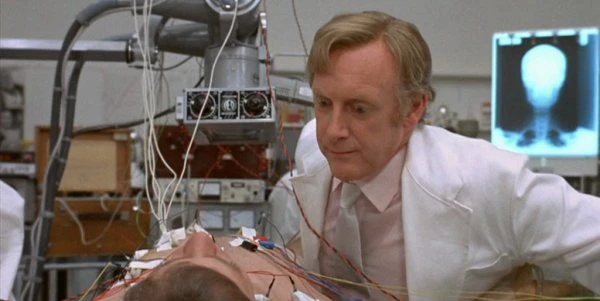
Celluloid success took a while longer, with a few turkeys along the way. In 1968 however, he appeared in If… the first of three Lindsey Anderson films to star Malcolm McDowell, the others being O Lucky Man! and Britannia Hospital. Crowden would again carry an eccentricity to each role, and it is perhaps this reputation along with his O Lucky Man! performance in 1973 that alerted the BBC to the possibility that he could take over the role of the Doctor in Doctor Who when Jon Pertwee departed. Crowden turned the role down, but looking at the eccentric interpretation of Tom Baker that followed, it’s fair to say that Crowden would most likely have excelled as well as Baker. He did however surface as Soldeed in the series' adventure The Horns of Nimon opposite Baker.
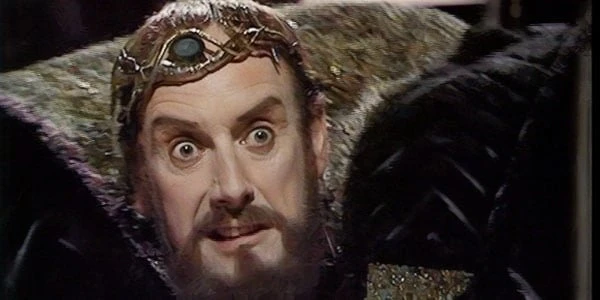
In 1986 Crowden appeared in his most successful television role to date, performing as the whisky-swilling Jock McCannon in A Very Peculiar Practice. His role of the head of a university medical centre helped contribute to two very successful series of the black comedy headed by Peter Davison.
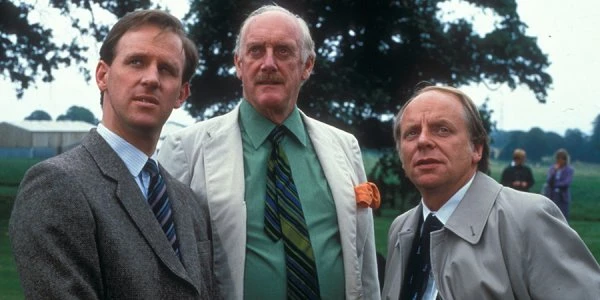
1990 saw Crowden’s greatest success in Waiting for God. We knew we were in for a fine performance almost as soon as the bemused widower Tom Ballard is dropped off at the home by his uncaring family. As he prances his large frame around the place doing impressions of emus and flamingos, he displays a character who is seemingly losing his mind, but is perhaps a little more keen to play up any memory losses and eccentricity than his condition actually dictates.
After the end of Waiting for God following five successful series, Crowden continued to perform on stage and enjoyed some further success on film, albeit more limited to supporting roles. He can be found in Foyle’s War and Waking the Dead, and his final film role in 2003’s Calendar Girls.
Graham Crowden passed away in 2010 at the age of 87. He was said to have believed that he would only do work that he wanted to do, rather than those that simply paid the bills. Perhaps that was why he chose as his epitaph, ‘I’ve done very good work for very bad money.’ As his most successful character of Tom said of his new world as he assured his guilt-ridden son that he would be fine in Bournemouth; ‘You’ve got to have adventures…this is my next adventure.’ And while Crowden is perhaps not as well remembered as some of his peers – quite wrongly – he certainly did enjoy some adventures.
Published on November 27th, 2024. Written by Brian Slade for Television Heaven.




